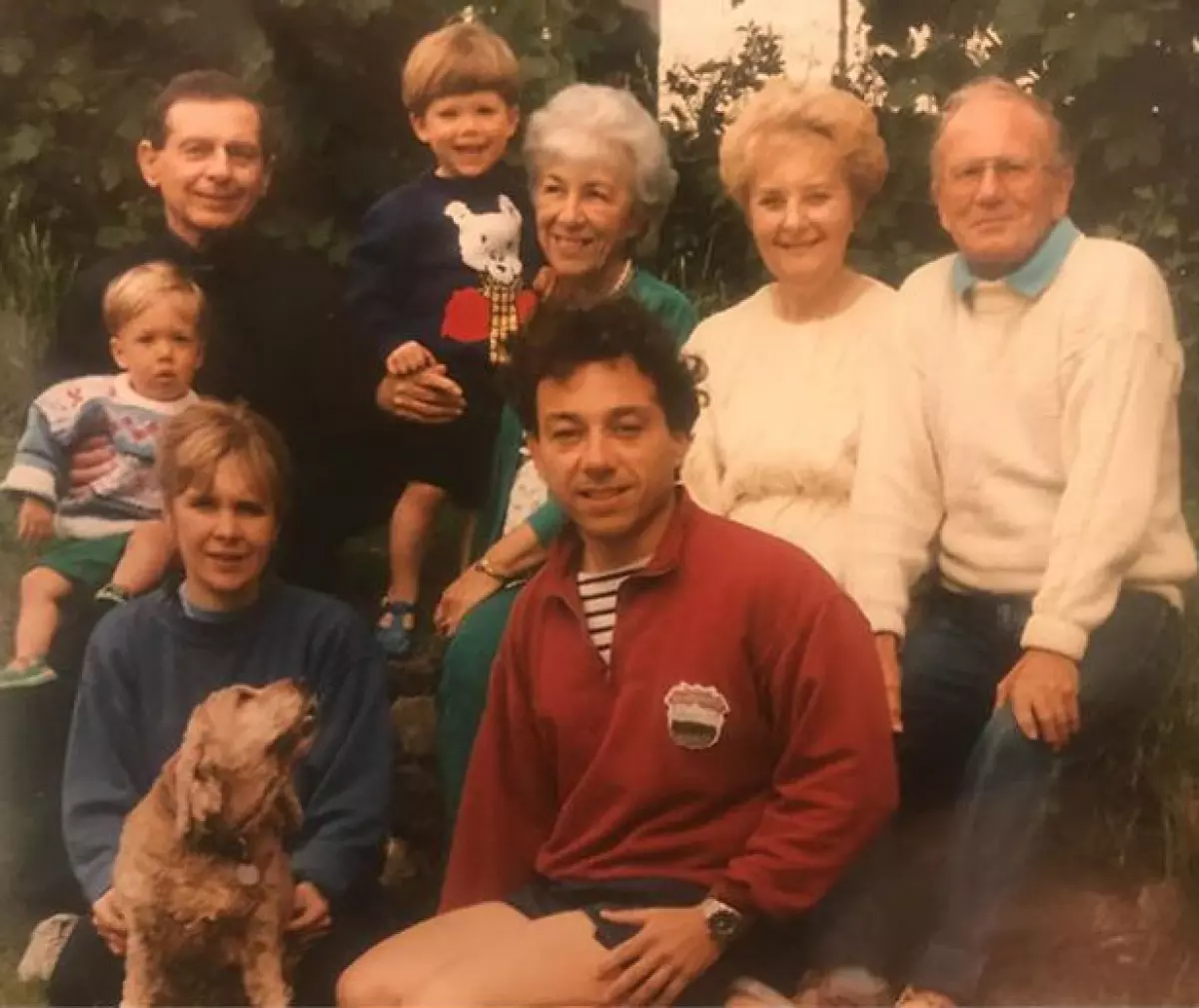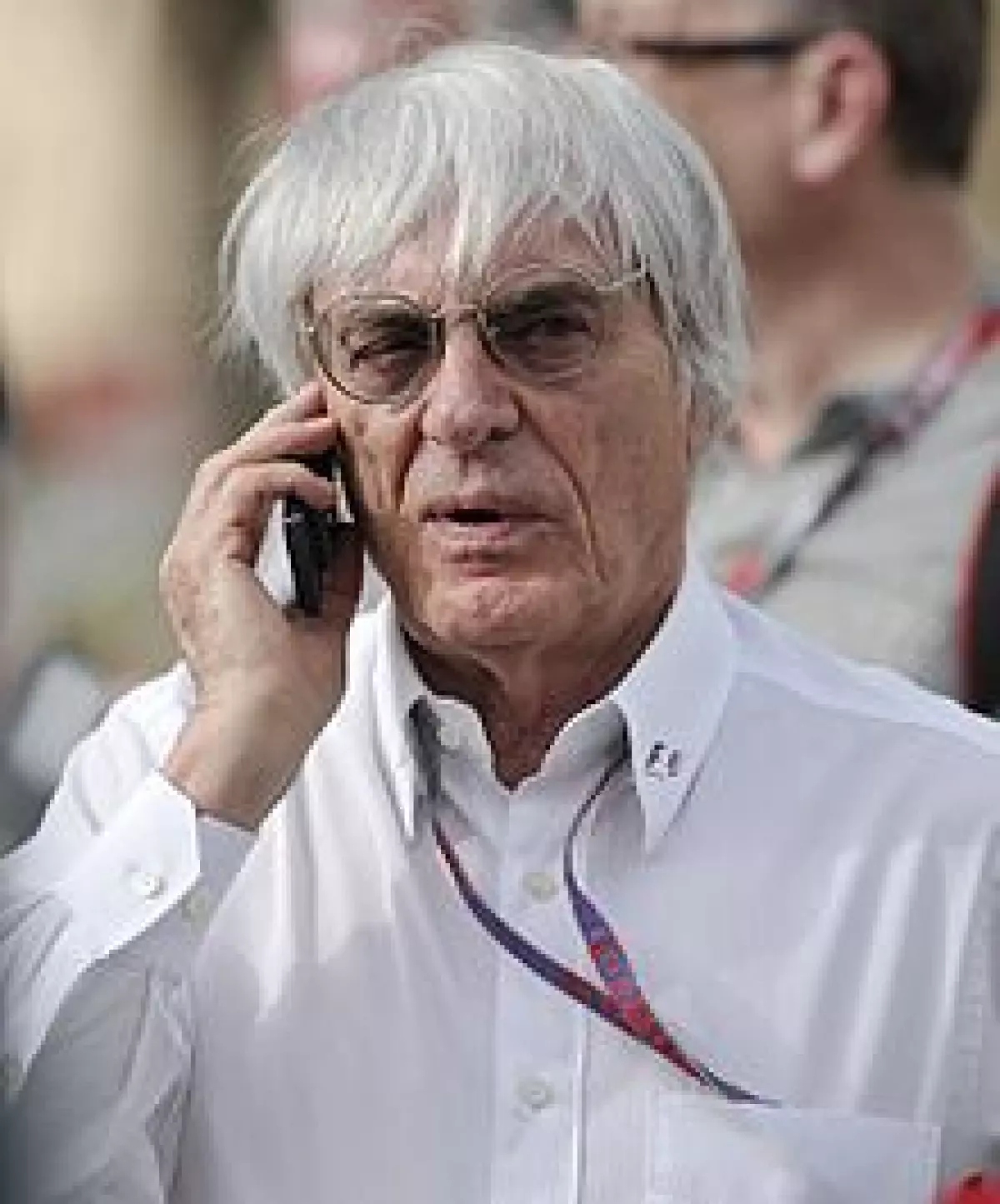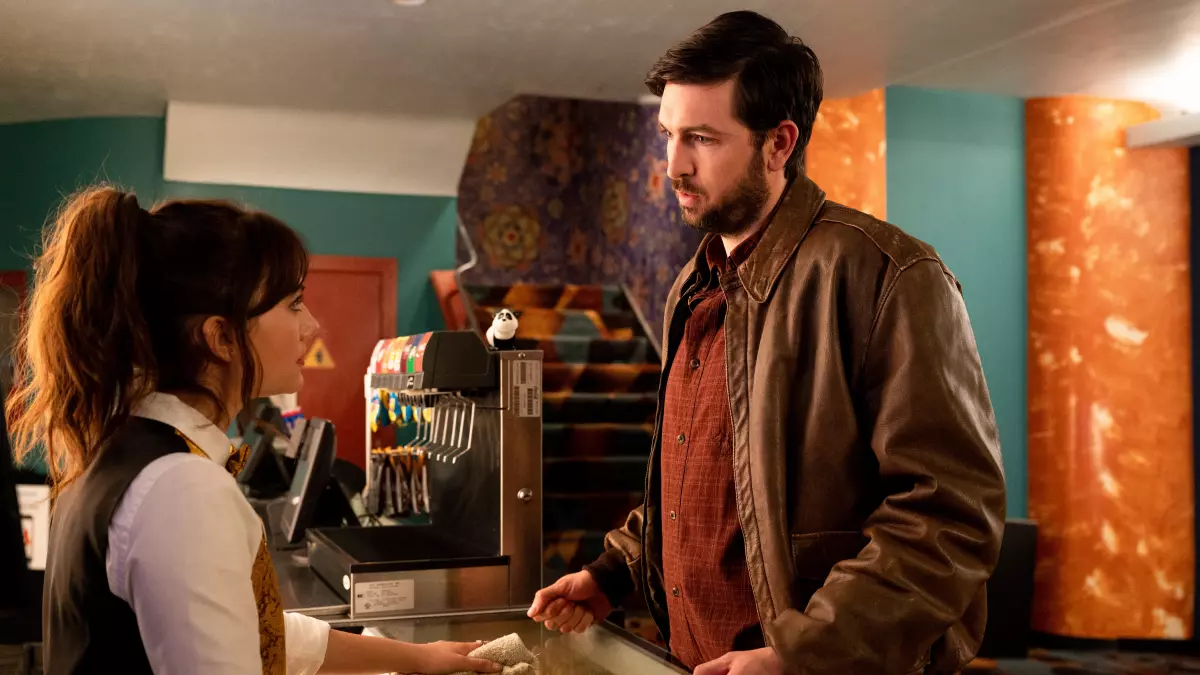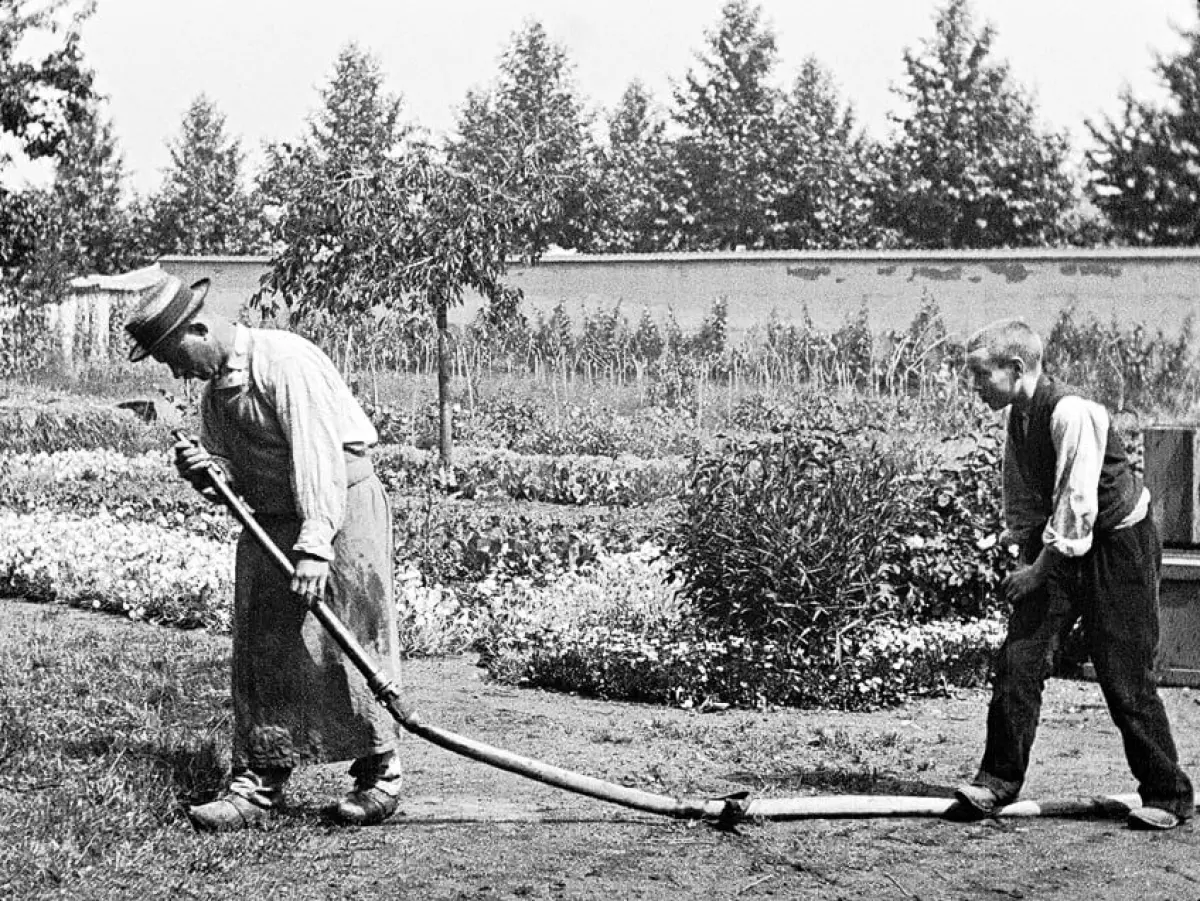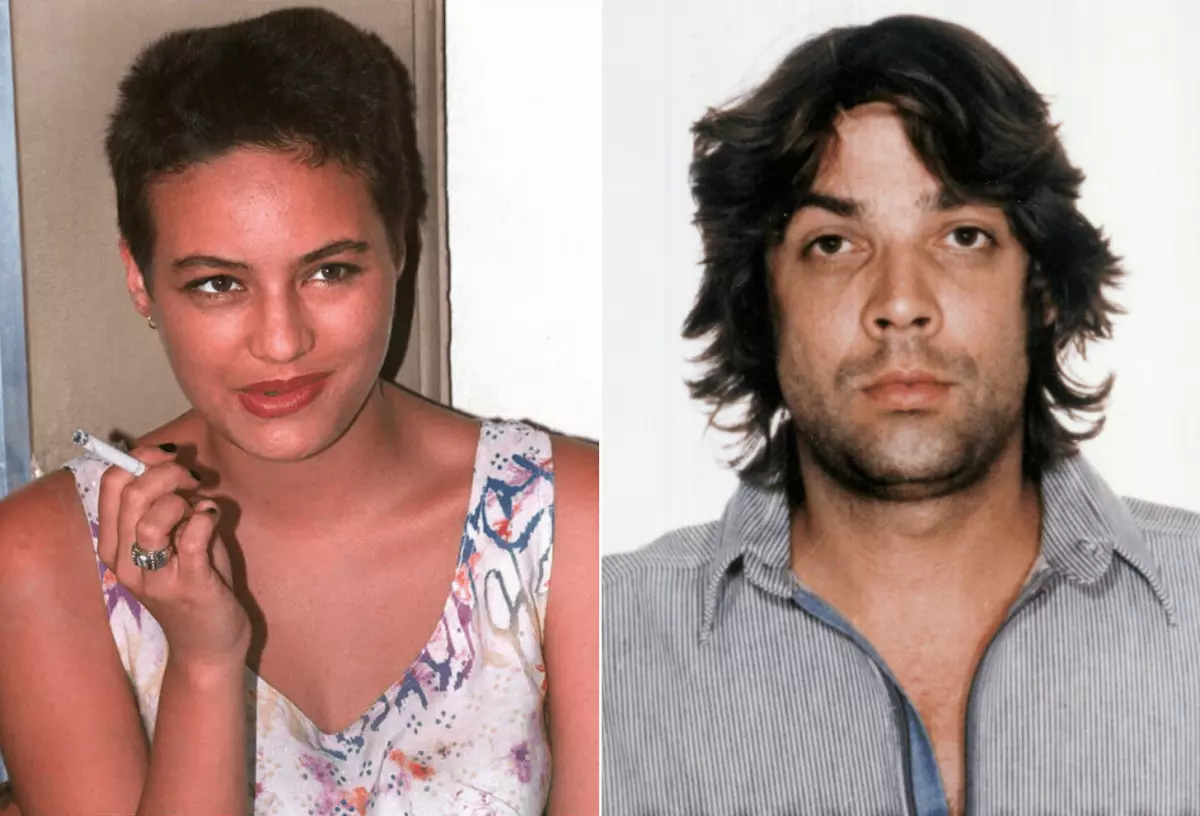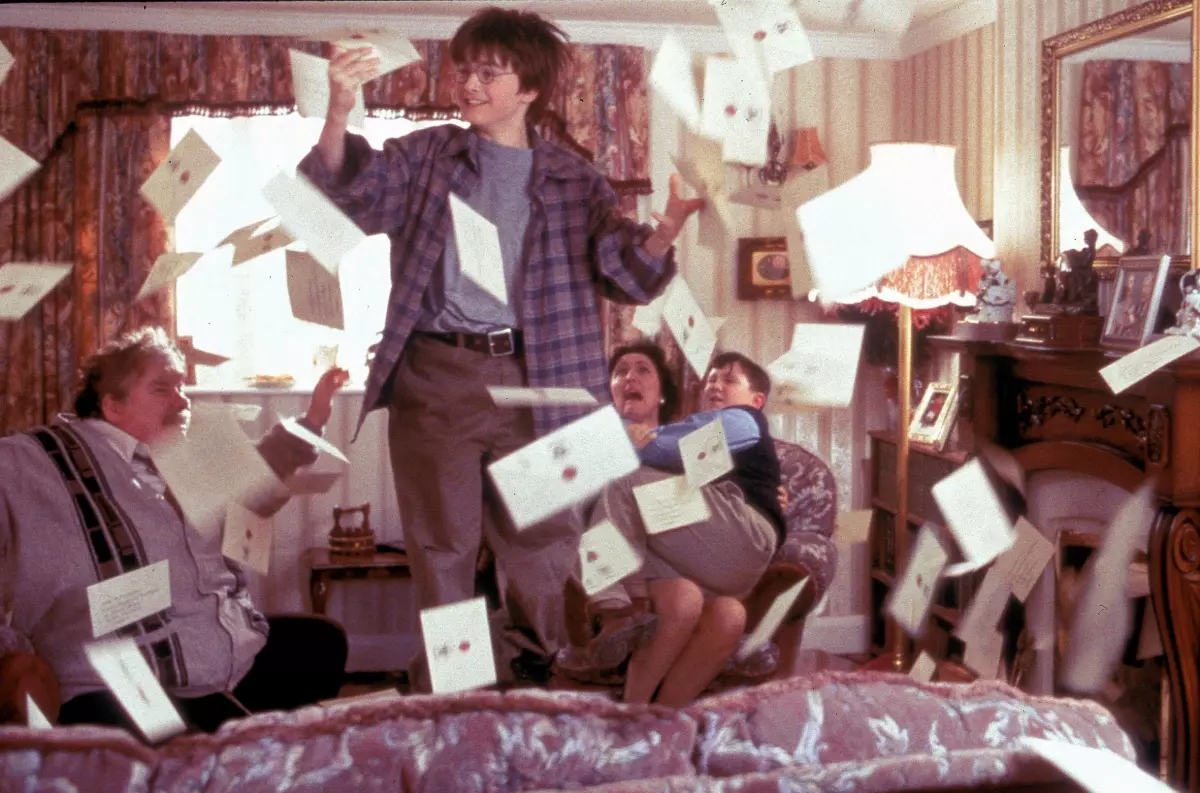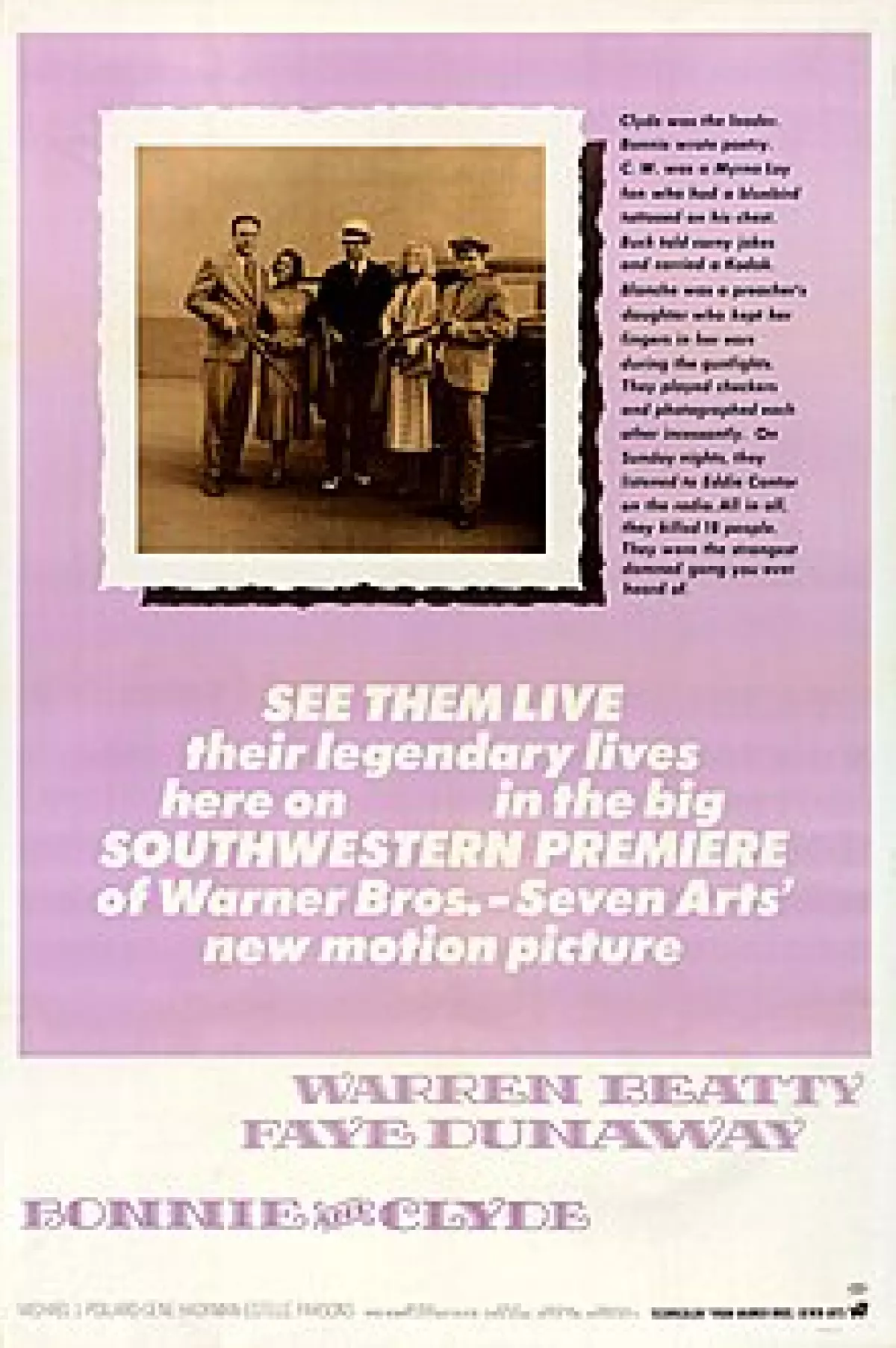 Advertisement from 1967
Advertisement from 1967
Bonnie and Clyde, a 1967 American biographical neo-noir crime film, directed by Arthur Penn and starring Warren Beatty and Faye Dunaway as the notorious duo, has left an indelible mark on the world of cinema. With its captivating storyline and groundbreaking portrayal of violence, the film broke several taboos and became a rallying cry for the counterculture movement of its time. Let's delve deeper into the fascinating world of Bonnie and Clyde.
A Cultural Milestone
Bonnie and Clyde is widely regarded as one of the first films of the New Hollywood era, ushering in a new wave of filmmaking that dared to challenge societal norms. The movie's portrayal of sex and violence prompted other filmmakers to adopt a more open approach, sparking a revolution in the industry. Its ending, featuring one of the bloodiest death scenes in cinematic history, has become iconic.
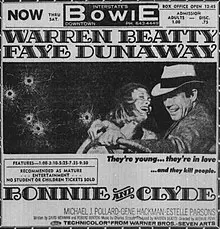 The real Bonnie and Clyde, March 1933
The real Bonnie and Clyde, March 1933
The film's impact was recognized by the Academy, with Bonnie and Clyde winning Academy Awards for Best Supporting Actress (Estelle Parsons) and Best Cinematography (Burnett Guffey). In 1992, it was selected for preservation in the United States National Film Registry by the Library of Congress for its cultural, historical, and aesthetic significance.
The Journey of Bonnie and Clyde
Set during the Great Depression, Bonnie and Clyde tells the story of two small-time criminals who turn to bank robbery to escape their mundane lives. Their crime spree intensifies when they join forces with C.W. Moss, a dim-witted gas station attendant. As their exploits become more violent, tensions arise within the gang, leading to a dramatic and tragic climax.
A Stellar Cast
The film boasts an impressive cast, with Michael J. Pollard, Gene Hackman, and Estelle Parsons delivering stellar performances alongside Beatty and Dunaway. Their chemistry on screen brings the characters to life and adds depth to the narrative.
Production and Style
Bonnie and Clyde presented a fresh take on the violent gangster films of the 1930s. Directed by Arthur Penn, the film seamlessly blended romantic and comedic elements with modern filmmaking techniques. Penn's use of rapid shifts in tone and choppy editing, reminiscent of the French New Wave, added a unique and captivating layer to the storytelling.
Legacy and Influence
 A replica, made for the film, of the Ford V8 in which Bonnie and Clyde died
A replica, made for the film, of the Ford V8 in which Bonnie and Clyde died
Bonnie and Clyde's impact on the world of cinema cannot be overstated. The film has served as an inspiration for countless filmmakers, influencing movies such as The Godfather, The Departed, and Natural Born Killers. Its groundbreaking portrayal of violence and its ability to evoke a wide range of emotions continue to resonate with audiences.
A Timeless Classic
Bonnie and Clyde remains a testament to the power of cinema to challenge societal norms and captivate audiences. Its timeless appeal and cultural significance have solidified its place as one of the greatest American films of all time. So, if you haven't experienced the allure of Bonnie and Clyde, it's time to immerse yourself in this cinematic masterpiece.







